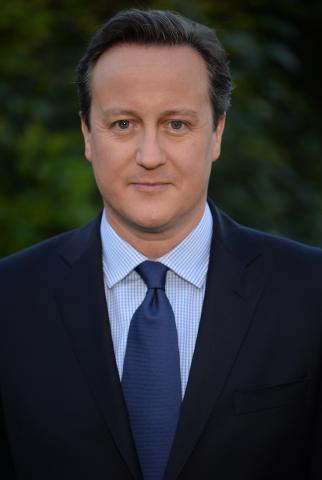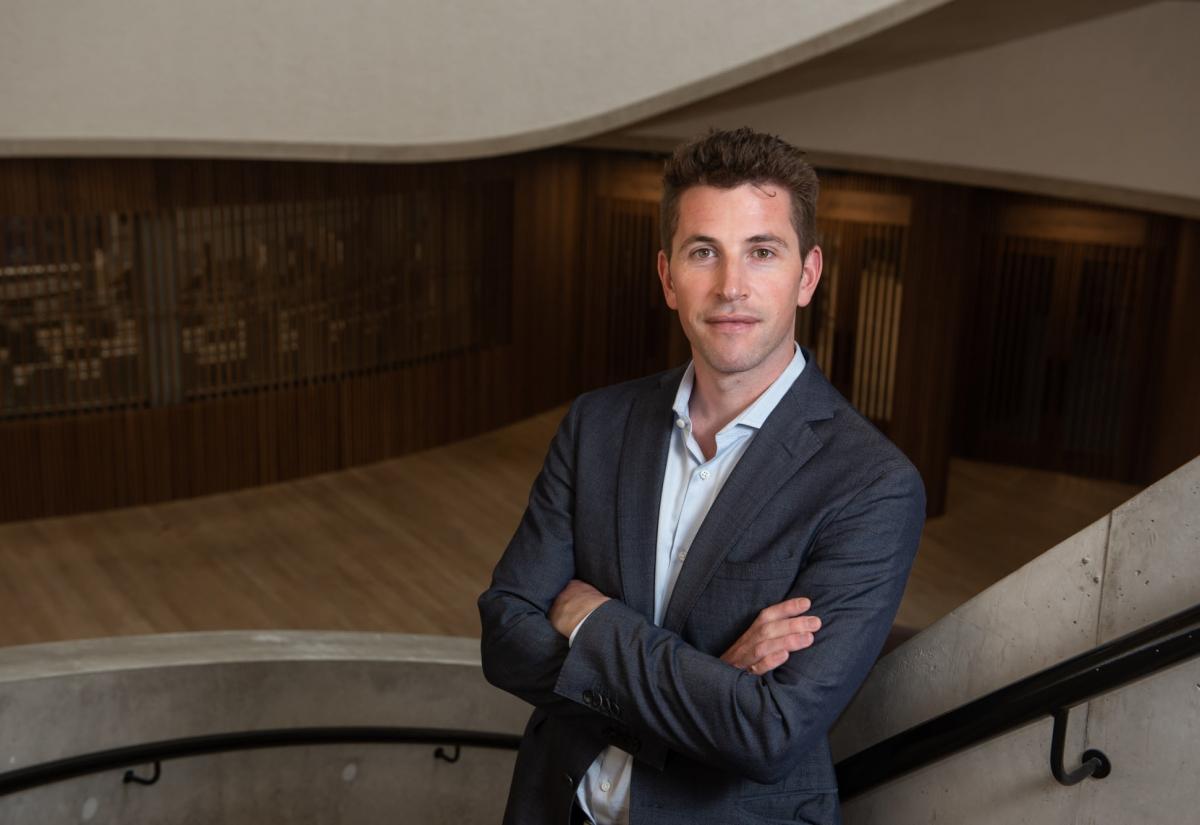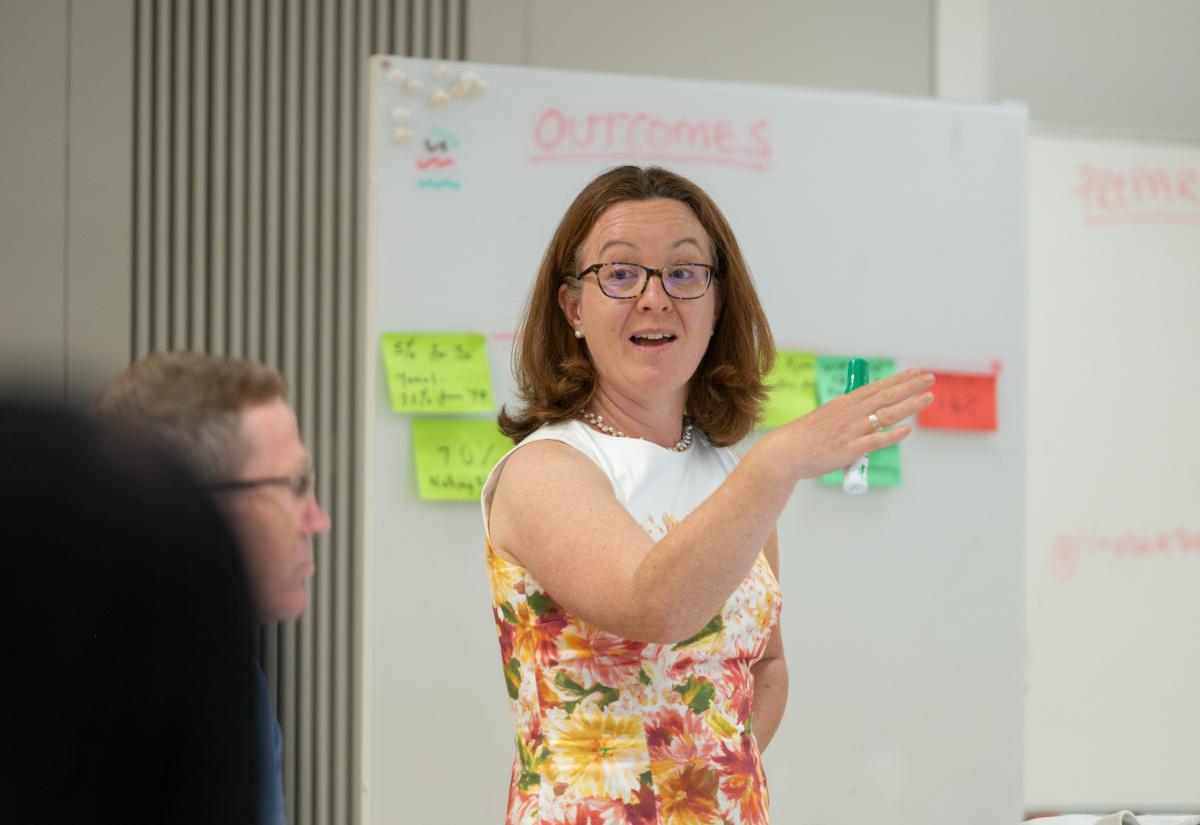LSE and the University of Oxford’s Blavatnik School have joined forces to launch a new commission that will guide policy on economic growth in fragile and conflict situations.
The Commission on State Fragility, Growth and Development will address fragile and conflict situations globally – where countries are failing, or are at risk of failing, with respect to political authority and legitimacy, and providing basic services such as health, education, security, and rule of law.
 The Commission will be co-chaired by David Cameron, former UK Prime Minister, Donald Kaberuka, former President of the African Development Bank and currently the Special Envoy of the African Union Peace Fund, and Adnan Khan, Research and Policy Director of the International Growth Centre.
The Commission will be co-chaired by David Cameron, former UK Prime Minister, Donald Kaberuka, former President of the African Development Bank and currently the Special Envoy of the African Union Peace Fund, and Adnan Khan, Research and Policy Director of the International Growth Centre.
Professors Paul Collier (Oxford’s Blavatnik School of Government) and Tim Besley (LSE) will be the academic directors. In addition, eight leading figures from the public sphere, academia, and the private sector will serve as commissioners – including our dean, Professor Ngaire Woods.
Violent disorder stemming from state fragility has led to the current migration crisis where 65 million people globally – including 11 million Syrians – have fled their homes, becoming either internally displaced or refugees, the highest number since 1945.
The commission will generate policy recommendations for governments, international donors, and NGOs to better support economic growth in countries facing fragility and conflict. It will focus on the underlying causes of state fragility and analyse an extensive evidence base to form its recommendations.
“We can’t tackle global poverty or, indeed, improve our own security at home, unless we address the challenges caused by state fragility. How do we help support stronger economies and more effective governance in these countries? How do we help drive out corruption? How do we promote strong civil societies, the building blocks of democracy and the rule of law?” Mr Cameron said. “The Commission aims to generate innovative ideas to help tackle state fragility and state failure, and I am delighted to be working with such a talented team of people.”
“The ultimate aim of the SDGs is to leave no one behind. The global community’s ability to effectively address state capacity and legitimacy, and build resilience in many regions of the world where millions are trapped in fragile situations is fundamental. The fragility commission will seek to advance this critical agenda,” said Mr Kaberuka.
“Global poverty reduction and the spread of democracy in the past few decades have not been enough to prevent the human tragedies stemming from fragility,” said Professor Collier. “We need distinctive policy solutions to address fragility, and those solutions need to be backed by robust evidence.”
The Commission will be launched under the auspices of the International Growth Centre in March 2017 and run until June 2018.
For more information, download the official press release below.
Read David Cameron's opinion piece in the Guardian, Even in an age of austerity, aid works. We have to keep giving



